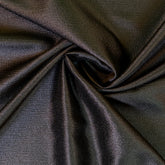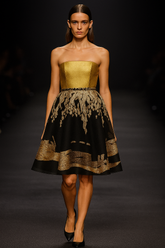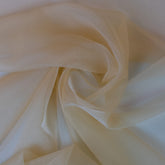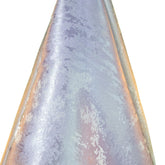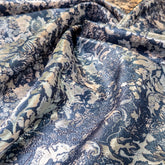Sustainable Fashion: Eco-Friendly Options in Haute Couture Fabrics
Sustainable Fashion: The Brilliance of Eco-Friendly Haute Couture Fabrics
In today’s world, the fashion industry is often criticized for its environmental impact. However, sustainable fashion offers solutions to these challenges. Particularly in haute couture, the use of eco-friendly fabrics and production methods is becoming increasingly prevalent. But what exactly is sustainable fashion, and how is it applied in haute couture?
Defining Sustainable Fashion
The Relationship Between Fashion and the Environment
The fashion industry significantly impacts the environment. The chemicals used in textile production, water waste, and pollution contribute to ecological degradation. As a result, adopting an eco-conscious approach has become essential.
What is Sustainable Fashion?
Sustainable fashion refers to a design philosophy where every stage of production—from raw materials to consumption—is carried out with eco-friendly methods. The aim is to produce fashion items in an ecologically and ethically responsible manner.
What is Haute Couture?
Luxury Fashion and Artisanal Craftsmanship
Haute couture, meaning "high sewing" in French, represents the pinnacle of luxury fashion. These garments are tailored to individual clients and crafted with meticulous attention to detail.
The History of Haute Couture
Born in 19th-century France, haute couture combines fashion with art. Throughout history, it has been synonymous with luxury and sophistication.
The Intersection of Sustainable Fashion and Haute Couture
The Use of Eco-Friendly Fabrics
Haute couture designers are increasingly incorporating eco-friendly fabrics into their collections, blending elegance with sustainability. Materials like organic cotton, bamboo, and recycled polyester are finding their way into the world of haute couture.
Innovative Approaches in Haute Couture
Leading designers are pioneering sustainable fashion by creating innovative pieces using recycled materials and natural dyes.
Eco-Friendly Fabric Options
Organic Cotton
Organic cotton is produced using significantly less water and avoids harmful pesticides and fertilizers, minimizing its environmental impact.
Recycled Polyester
Made from plastic waste, recycled polyester is a popular sustainable fabric, promoting the efficient use of resources.
Lyocell and Tencel
Derived from wood pulp, Lyocell is an eco-friendly fabric known for its sustainability. Tencel, a similar material, is softer and frequently used in sustainable designs.
Bamboo Fabric
Bamboo grows rapidly and is considered a renewable resource. Bamboo fabric offers natural antibacterial properties and is an eco-friendly alternative.
Sustainable Production and Material Selection
Reducing Carbon Footprints
The fashion industry can enhance sustainability by reducing carbon emissions through energy-efficient production and the use of renewable energy.
Natural Dyes and Avoiding Harmful Chemicals
Natural dyes provide vibrant colors without the environmental harm caused by synthetic chemicals, offering a more sustainable alternative.
Sustainable Fashion and Consumer Awareness
Changing Consumer Demands
Consumers are increasingly seeking fashion items that are not only stylish but also sustainable, encouraging brands to embrace eco-friendly practices.
Responsible Fashion Consumption
Sustainability-conscious consumers practice mindful consumption by purchasing fewer but higher-quality, eco-friendly items.
Success Stories in Haute Couture Sustainability
The Green Transition of World-Famous Brands
Iconic haute couture houses like Chanel and Dior are introducing eco-friendly collections, demonstrating leadership in sustainable fashion.
Sustainable Fashion Trends at Fashion Weeks
Fashion weeks are now emphasizing sustainable fashion, with designers showcasing environmentally friendly collections at these prestigious events.
The Future of Fashion and Sustainability
The Rise of Sustainable Fashion
Sustainable fashion is set to grow even more prominent in the future. Brands will continue leveraging innovations and technologies to create environmentally conscious designs.
Digital Fashion and Sustainability
Digital fashion offers a revolutionary way to reduce physical production, contributing to sustainability. Virtual clothing provides an eco-friendly alternative.
Conclusion
Fashion and sustainability can harmoniously coexist. The incorporation of eco-friendly fabrics into haute couture signals a hopeful future for the industry. Sustainability is becoming increasingly important for both producers and consumers, paving the way for a more responsible and elegant fashion landscape.


